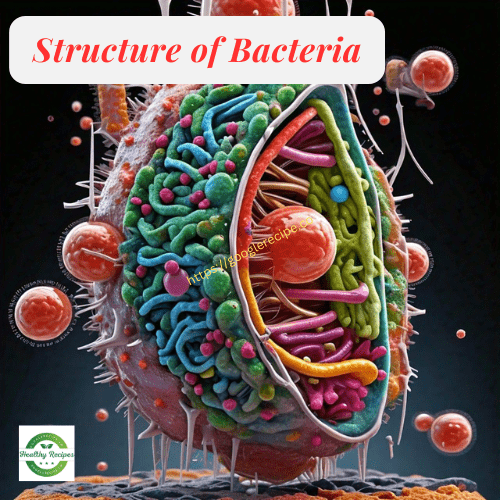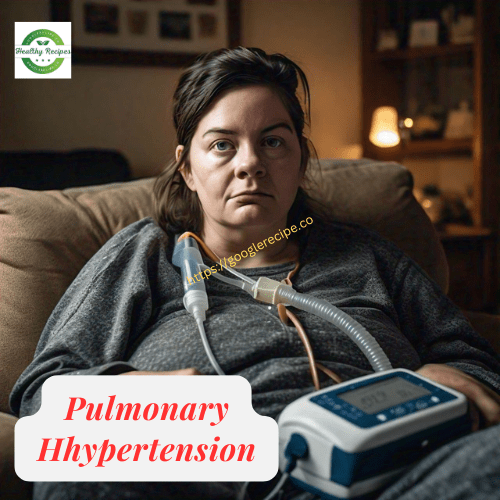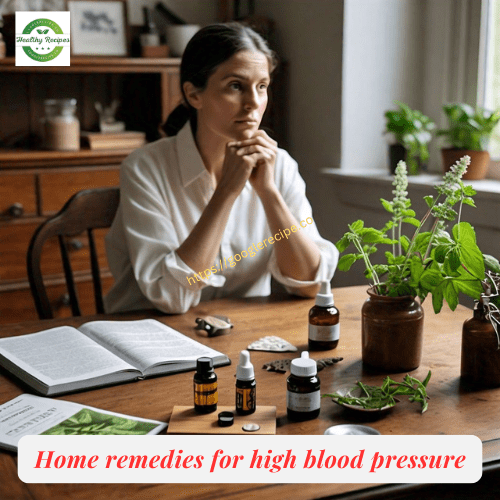what to do if blood pressure is high
What distinguishes hypertension from high blood pressure?
what to do if blood pressure is high? High blood pressure is a measurement of elevated blood pressure in your body. Hypertension is a chronic condition where blood pressure stays high and needs monitoring and treatment.
What counts as high blood pressure? Generally, your clinician will aim to keep your blood pressure between 120-140 over 80-90.
What do the numbers mean in a blood pressure reading? The systolic number (top) is the blood pressure when the heart is pumping, and the diastolic number (bottom) is the blood pressure when the heart is resting. Both numbers are important to monitor.
What are the effects of hypertension on your body? High blood pressure can thicken the walls of your arteries, making it harder for blood to flow to small vessels in your body, including your legs, toes, head, and brain. It can also weaken artery walls, causing aneurysms that can burst and damage organs like the brain, chest, and abdomen.
What diseases can hypertension cause? Hypertension can lead to heart disease, including heart failure and coronary artery disease, stroke, vision loss, kidney disease, and aneurysmal disease.
Are there any symptoms of hypertension? Most people with hypertension have no symptoms. However, dangerously high blood pressure can cause blurred vision, headaches, chest pain, and shortness of breath. If you have any of these symptoms, get help right once.
What lifestyle changes can lower blood pressure? Regular physical activity (at least 150 minutes a week), reducing salt intake, avoiding processed foods, and cutting down on or eliminating alcohol can help lower blood pressure.
When is medication needed? If lifestyle changes don’t lower your blood pressure enough, you and your clinician may consider medication. Most people will need two or more medications to reach their target blood pressure, typically 130-140 systolic and 80-90 diastolic. If medications don’t work, talk to your clinician about other options.
Is it possible for me to stop taking my medicine if my blood pressure drops? Sometimes, with lifestyle changes, you can reduce or stop your medication. Always discuss this with your clinician, as stopping some medications suddenly can be dangerous.
Should I worry about my elevated blood pressure? Everyone should be monitored for high blood pressure, especially people over 50, those who are overweight, or those who are physically inactive. The biggest risk factor is family history, so inform your clinician if hypertension runs in your family for early and careful monitoring.
Conclusion
High blood pressure is a serious condition that can silently damage your body if left unchecked. Understanding the difference between high blood pressure and hypertension, knowing the risks and effects, and making necessary lifestyle changes can significantly help manage your blood pressure.
Always work with your healthcare provider to monitor and manage your condition, whether through lifestyle changes, medication, or both. Regular check-ups and open communication with your clinician are key to maintaining healthy blood pressure and preventing complications.
FAQs
1. What is high blood pressure? High blood pressure, also known as hypertension, is when the force of blood against your artery walls is consistently too high.
2. Why is hypertension called the “silent killer”? Hypertension is often symptomless, allowing it to cause significant damage to your body over time without you knowing.
3. What’s the difference between high blood pressure and hypertension? High blood pressure is a single measurement of elevated blood pressure. Hypertension is a chronic condition where your blood pressure remains high over time and requires ongoing management.
4. What is considered normal blood pressure? Normal blood pressure typically ranges between 120-140 systolic (top number) and 80-90 diastolic (bottom number). Your target range may vary based on your overall health.
5. What do the numbers in a blood pressure reading mean? The systolic number (top) measures the pressure when your heart is pumping, and the diastolic number (bottom) measures the pressure when your heart is resting.
6. How does hypertension affect the body? Hypertension can thicken artery walls, making it harder for blood to flow. It can also weaken artery walls, leading to aneurysms, which can burst and damage organs.
7. What diseases can result from hypertension? Hypertension can lead to heart disease, stroke, vision loss, kidney disease, and aneurysmal disease.
8. Are there any symptoms of hypertension? Most people with hypertension have no symptoms. Severe hypertension may cause blurred vision, headaches, chest pain, and shortness of breath, requiring immediate medical attention.
9. How can I lower my blood pressure through lifestyle changes? Regular exercise, reducing salt intake, avoiding processed foods, and cutting down or eliminating alcohol can help lower your blood pressure.
10. When is medication needed for high blood pressure? If lifestyle changes alone don’t lower your blood pressure enough, medication may be necessary. Most people need two or more medications to reach their target blood pressure.
11. Can I stop taking my blood pressure medication if my blood pressure goes down? You may be able to reduce or stop your medication with lifestyle changes, but always consult your clinician first. Stopping some medications suddenly can be dangerous.
12. Who is at risk for high blood pressure? Everyone should be monitored for high blood pressure, especially those over 50, people who are overweight, or those who are physically inactive. Family history is also a significant risk factor.


